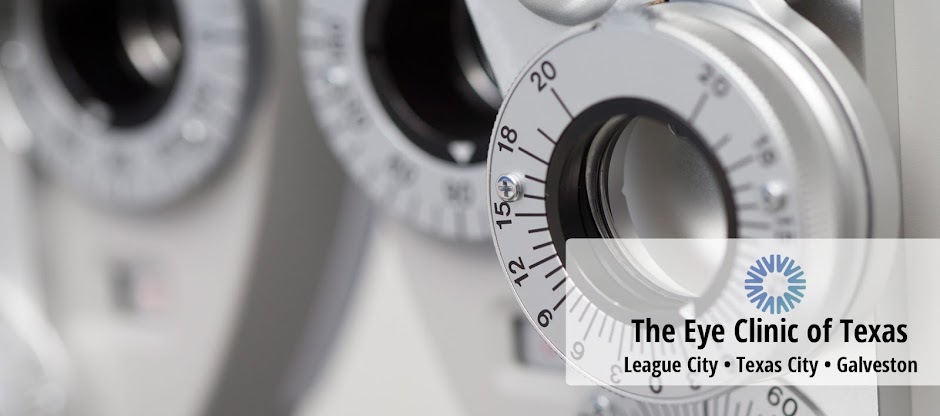What Is Diabetes?
Diabetes is a disease that affects the body’s
ability to produce or use insulin effectively to control blood sugar (glucose)
levels. Too much glucose in the blood for a long time can cause damage in many
parts of the body. Diabetes can damage the heart, kidneys and blood vessels. It
damages small blood vessels in the eye as well. The Centers for
Disease Control and Prevention (CDC) says that about 90% of vision loss from diabetes can be
prevented. BUT-Early detection of diabetic eye disease is the key! People with diabetes should get critical,
annual eye exams even before they have signs of vision loss. Studies show that sixty percent of
diabetics are not getting the exams their doctors recommend.
What Is Diabetic Eye Disease?
Diabetic eye disease is a term for several eye
problems that can all result from diabetes. Diabetic eye disease
includes:
- diabetic retinopathy,
- diabetic macular edema,
- cataract, and
- glaucoma.
Diabetic Retinopathy
Diabetic retinopathy is when blood vessels
in the retina swell, leak or close off completely. Abnormal new blood vessels
can also grow on the surface of the retina.
People who have diabetes or poor blood sugar
control are at risk for diabetic retinopathy. The risk of developing diabetic
retinopathy increases the longer you have diabetes.
Diabetic Macular Edema
Macular edema happens when fluid builds up
on the retina and causes swelling and blurry
vision. Diabetes can cause
macular edema. Diabetic macular edema can lead to permanent vision loss.
Diabetes and Cataracts
Excess blood sugar from diabetes can
causes cataracts. You may need cataract
surgery to remove lenses that are clouded by the effects of
diabetes. Maintaining good control of your blood sugar helps prevent permanent
clouding of the lens and surgery.
Diabetes and Glaucoma
Glaucoma is a group of diseases that cause damage
to your eye's optic
nerve. This damage leads to
irreversible loss of vision. Having diabetes doubles your chance of getting
glaucoma.
Other Eye Problems Can Be Related to Diabetes!
Diabetes can cause vision problems even if you
do not have a form of diabetic eye disease.
If your blood sugar levels change quickly, it
can affect the shape of your eye’s lens, causing blurry vision. Your vision
goes back to normal after your blood sugar stabilizes. Have your blood sugar controlled before getting your eyeglasses prescription
checked. This ensures you receive the correct prescription.



